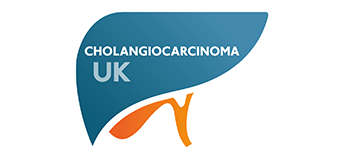Sweet drinks and biliary tract cancer; is there a link?
A new study from Sweden has been much in the news lately, linking the consumption of sugary drinks, juices as well as sodas, to biliary tract cancer (bile duct cancer/cholangiocarcinoma) and gallbladder cancer:
“People who consume at least two juice drinks a day had more than twice the risk of developing gallbladder tumours and a 79 per cent higher risk of cancer in the liver bile ducts, according to a new study.”
This has concerned many people, and so AMMF is very grateful to Dr Alison Backen of The Christie, Manchester, for preparing the following summary of the publication for us, putting the findings in context:
“Sweet drinks and biliary tract cancer; is there a link?
A study recently reported a link between sugary drinks and increased risk of biliary tract and gallbladder cancer. This was a large study of 70, 832 Swedish adults (who did not have cancer or diabetes) who were questioned about diet.
The Swedish Cancer Register was used to find out how many of these people went on to develop biliary tract and gallbladder cancer (148 patients in total); this study took around 13 years. Other people in this group may yet develop cancer (the study population ranged from 45-83 years old) but as a difference is already clear, they have chosen to report these finding now.
This study examined all kinds of diet-related factors and tested whether they occured more frequently in patients who developed biliary tract and gallbladder cancer. The most important finding of this study was that people who drank 2 or more 200ml servings (a standard glass) per day of sweetened drinks have a 79% and 24% higher chance of developing biliary tract and gallbladder cancer respectively.
It is important to think about these results in context;
- The risk of an individual developing biliary tract or gallbladder cancer is low; increasing this risk by 79% still means the risk is low, but this study shows there is a clear link with something which can be easily avoided.
- The 2 x 200ml serving which they report as ‘high’ consumption is quite modest; a standard can is 330ml and drinks are supplied in much greater volumes in fast-food restaurants.
- Only 7328 people of the 70, 832 people in this study consumed more than the 2 x 200ml serving; that’s about 1 in 10 people. It would be interesting to consider how these results might be different in other cultures that consume more sugar.
Sugar-sweetened drinks raise blood sugar levels, which in turn is associated with increased weight gain and type 2 diabetes; both have been previously shown to increase the risk of biliary tract cancer.
Despite the deluge of constantly changing dietary advice given in the popular press, the enduring advice seems to be ‘everything in moderation’.
This article is published in a journal which requires a subscription (it is not open-access); but they do say ‘patients desiring access should contact the journal’, which is worth a try.
http://jnci.oxfordjournals.org/content/108/10/djw125.full.pdf+html?sid=bc441787-792c-4bd8-b1cd-0e4670028c2f
Larsson SC, Giovannucci EL, Wolk A. Sweetened beverage consumption and risk of biliary tract and gallbladder cancer in a prospective study. Journal of the National Cancer Institute. 2016 Jun 8;108(10).”
July 2016







